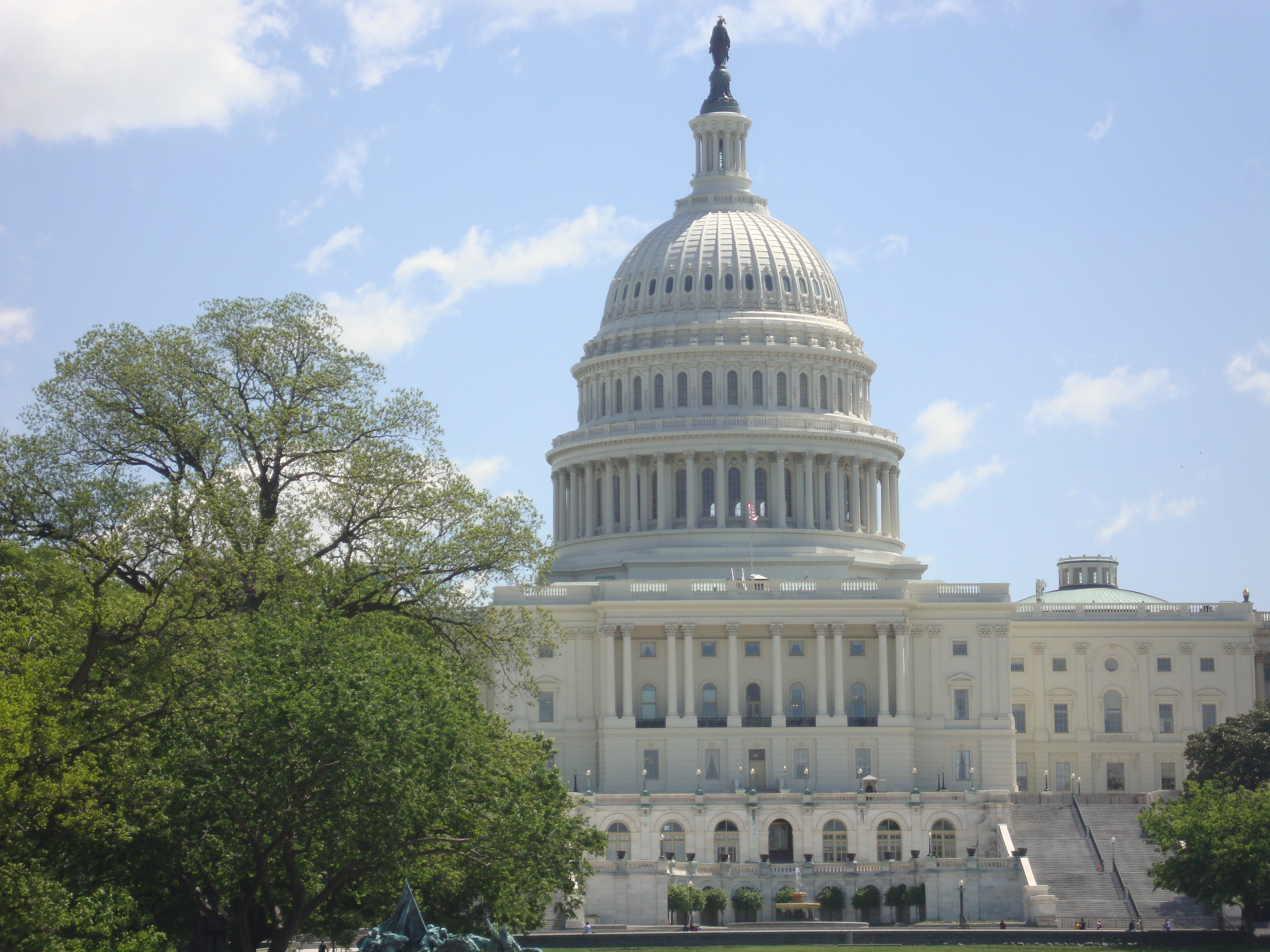World Russia Forum, Washington D.C. March 29 - 30, 2011
I attended the World Russia Forum in Washington D.C. last week. The Forum, which is run by Ed Lozansky, commemoriated the 50th anniversay of Yuri Gagarin's voyage as the first man in space on April 12, 1961. This year's program included speakers Konstantin Kosachev, the Chairman of the Russian Duma's Committee on Foreign Affairs, former U.S. Assistant Secretary of State Richard Perle, Duma deputy Dr. Sergei Markov, Congressman Dana Rohrabacher and Dr. Robert Legvold.
The first afternoon, Chairman Kosachev's spoke on the issues facing Russian- American relations and the refusal by his Congressional counterpart, Republican Ileana Ros-Lehtinen, to meet with him. He pointed out issues the Russian government would like to raise with the U.S. Government. Richard Perle followed with an angry, shocking and finger waving diatribe against Russia and seemed to personally blame Mr. Kosachev for all. For some reason, he was very offended by Mr. Kosachev's comments, which came across as respectful in tone.
Mr. Perle said that the recent START missile treaty was a waste of time and a retreat to "Cold War" era thinking because the U.S. and Russia are no longer ideological enemies. It was a neat rhetorical trick, considering he and his neocon cohorts have been accused of exactly that- trying to return the US to Cold War policies towards Russia. Mr. Perle said he believes that reducing the number of nuclear weapons is a waste of time. But can a reasonable person argue that fewer nuclear weapons and reduced tensions is not worthwhile? There was no awareness on Perle's part that the aggressive neocon thinking and resulting American foreign policy during the Bush Administration was threatening to Russian security. And that the tensions that resulted pushed us closer to a new "Cold War" than at any time since the collapse of the Soviet Union. He also said that the Jackson- Vanik Amendment, which had been much discussed at the Forum, is not applicable to Russia. Perle also decried the Khodorkovsky trial and imprisonment. Khodorkovsky has been raised as a human rights issue, but Perle seems unaware that Khodorkovsky was on the radar screen of Lee Wolosky, the man who launched the hunt for international arms dealer Viktor Bout. Wolosky felt 10 years ago that Khodorkovsky was a bigger threat to American security than Bout and accused him of the very crimes that he was convicted of last year. So, Khodorkovsky is not Andre Sakharov.
Mr. Perle's speech, while provocative, was also embarassingly inappropriate. I wondered (and I was not the only one) how someone with an obvious problem containing his temper in a public forum could rise to a high position in government, whatever his intellectual qualifications.
After Mr. Perle's turn at the podium, the audience was given the chance to ask him and Mr. Kosachev questions. My question to Mr. Perle: "American policy in the Caucasus is heavily influenced by the Republic of Georgia. You have said that there are two sides to every issue, but the U.S. Government does not listen to the Republic of Abkhazia's positions. How can the U.S. have an informed policy on this important region without input from one of the players?"
Mr. Perle replied that "we are talking to them." This is false and I stated so. Mr. Perle then said that "we know what they are thinking." I think most know this is not a substitute for dilplomacy. His answer fell flat and Lozansky mercifully took the podium. It was a surprising exchange to me because Mr. Perle seemed to be unaware of the situation in Abkhazia. I expected him to reply with the position that his fellow neocon thinkier, Randy Scheunemann, and Senator John McCain have taken on Georgian territorial integrity, which conveniently and hypocritically ignores a very analogous situation in Kosovo.
There was a positive reaction from the audience to my question and several approached me to say that I had asked a question no one seemed to be asking and that Russians could not effectively raise because no one in Washington listens to them on the subject of the Caucasus.
Later that evening, I went to the Russian Embassy for a reception. It was a pleasant evening with a lot of, Russian and American attendees of the Forum. However, people were still talking about Perle's speech. It is not hard to see how people like this can lead America down an aggressive and confrontational path towards Russia. There is a double standard applied to Russia when compared to their statements on other nations. Fortunately is no longer the norm in American foreign policy. Our policy is formulated based upon pragmatism, rather than the zero-sum, confrontational and ideologically rigid, neocon policies that soured our relations with Russia in the last decade.
 Post a Comment
Post a Comment  Friday, April 8, 2011 at 11:23PM
Friday, April 8, 2011 at 11:23PM 








